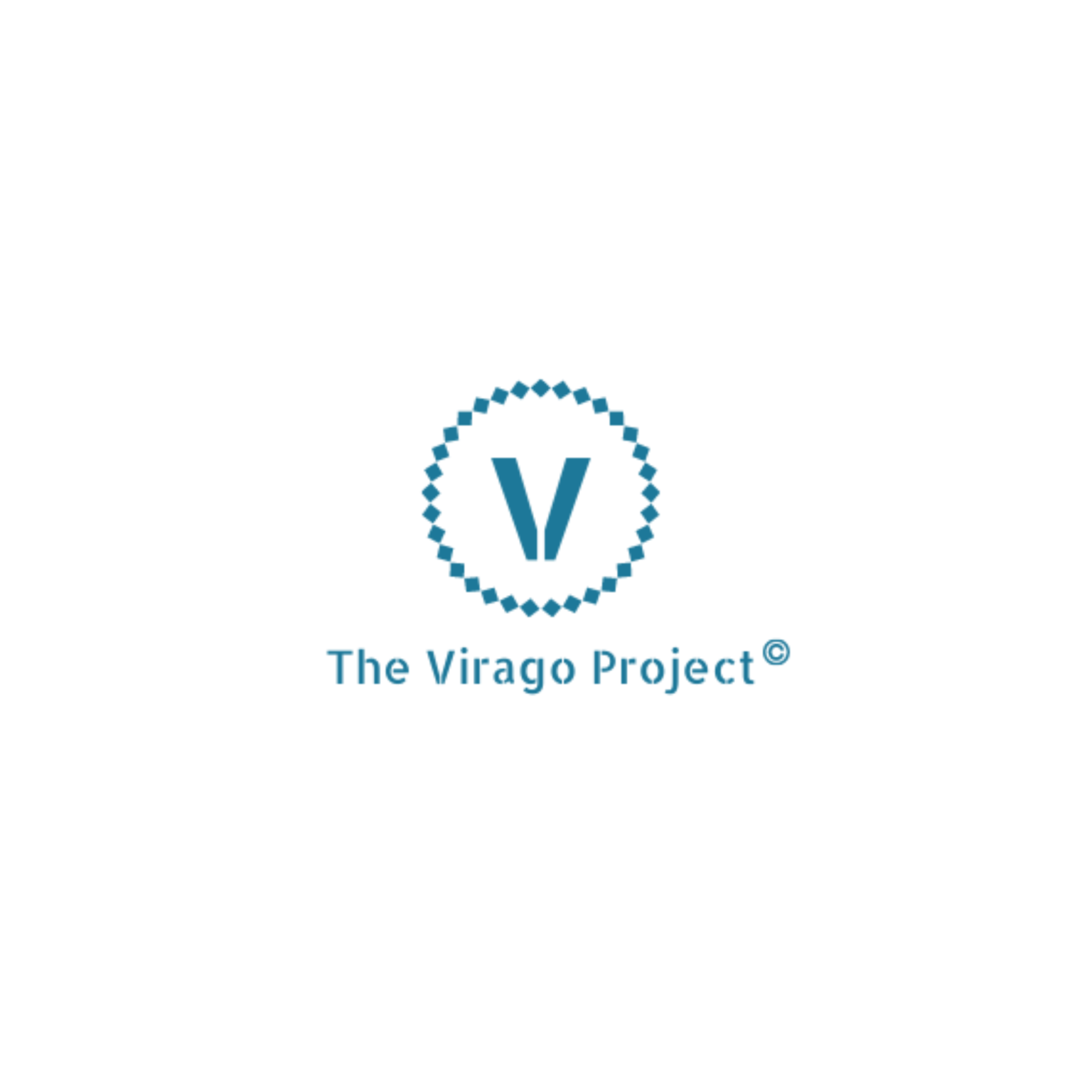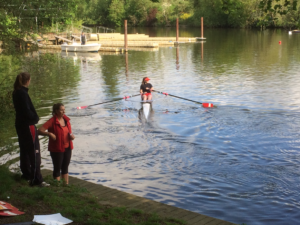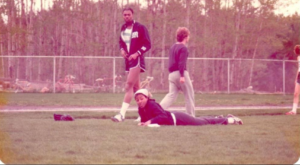Reassign your happiness – I know what you’re thinking but no, this is not just a pretentious phrase that has no real meaning. Rather, this is the single most important piece of information I have received that has transformed my relationship with sport, given to me by a sport psychologist consultant.
My name is Aoife and I’m a nineteen-year-old female athlete from England. I’m currently in my second year at University whilst also being in the first boat for my university rowing team. Throughout my life I have always been an avid sportswoman, whether it was participating in the egg and spoon race at school sports days or racing at nationwide rowing events such as the Women’s Head of the River. As I have grown, so too has my obsession with rowing, taking up an increasingly large proportion of my life. Rowing offers me so much more than just exercise; it gives me a sense of purpose, lifelong friends and teammates, and a routine that gives my weeks structure, alongside so many other positive qualities. However, like most athletes, the passion I have towards my sport has somewhat transgressed the boundary of passion into obsession. Without realising, I had become obsessed with my progress, often tracking numbers, watching videos of my technique, and comparing my performance against everyone around me. When my training went well, I felt as though I was truly powerful, and more importantly, happy. The darker side of this is that when training went badly, I felt like I had let myself down and that I was failing.
My journey with rowing became infinitely more complex as a result of my experiences with injury. I have had two hip surgeries so far due to various injuries that arose as a result of rowing. Moreover, I’m currently in a position where I’m having to decide whether I get two more surgeries or instead choose to manage the pain that I’m currently living with for the foreseeable future. It is without doubt that this has had a massive effect on my relationship with both rowing and my mental health. As a result of the looming pressures of making a decision whether to have the surgery or not, I decided to consult a sports psychologist. It was in my sessions with the psychologist that I had somewhat of a revolutionary realisation: when someone is completely obsessed with their sport, it comes as no surprise that sometimes the wires in their brain can get a bit crossed and the relationship between the athlete and the sport itself can become somewhat strained.
From years of dedicating myself to my sport, I have gained an immense opportunity for personal growth that I’ve never felt from anything else. However, it has also become my primary form of emotional stimulus. For example, when I feel stressed, I may alleviate those feelings by going for a run, or when I have good training sessions, it’s a huge source of my happiness. It is evident that my emotional wellbeing is tied up in my ability and identity as a sportswoman. By my happiness and wellbeing inadvertently being dependent on my performance in sport, the choice of having to take time away from training so that my body can heal becomes so much more than just taking time off; it becomes having to choose to take time away from happiness. It should come as no surprise that this revelation was quite a shock to me. I hadn’t ever perceived that my relationship with sport might be unhealthy, I just thought I was an obsessed and driven athlete who, like many, was striving to achieve the most that they can.
The advice that I was given came quickly after this realisation. It is not a problem that you have an emotional response to sport – that is expected and arguably – one of the best parts of sport. I know that I train hard and endure extraordinary physical pressure in order to get that incredible feeling when it all pays off in competition. However, if sport and winning is the only way that I get a sense of happiness or motivation, then the problematic situation can arise in which I prioritise myself as an athlete over myself as a person. My happiness becomes performance-centric. The way I was informed to combat this is by reassigning my happiness. By consciously doing things on a daily basis that bring joy into my life, such as going for a walk with a family member, I reroute my primary source of happiness outside of rowing. The benefit of this is that now, when I’m having to make the big decision about whether to have surgery or not, I am able to take a step back and make a choice that is based purely on what my body needs. Now, if I do have the surgery, my time away from sport is no longer synonymous with time in which I will struggle to find a sense of self-worth or happiness.
This is not in any way a suggestion to view sport as an unemotional experience. Sport is innately emotional; it’s about how you strive to achieve as much as you can out of true passion or the joy you get from spending time with your teammates and so much more. This is rather a suggestion that hopefully brings to light the idea of emotional intelligence. By not making your happiness dependent on receiving positive performance-based results, your relationship with your sport will positively shift and your emotional wellbeing will be independant. This, in turn, allows you as a person, as well as an athlete, to grow. So, perhaps take time to assess your relationship with whatever sport you may play at whatever level and, if you think it could be beneficial, afford yourself the opportunity to reassign your happiness.
Written by Aoife Parr.




